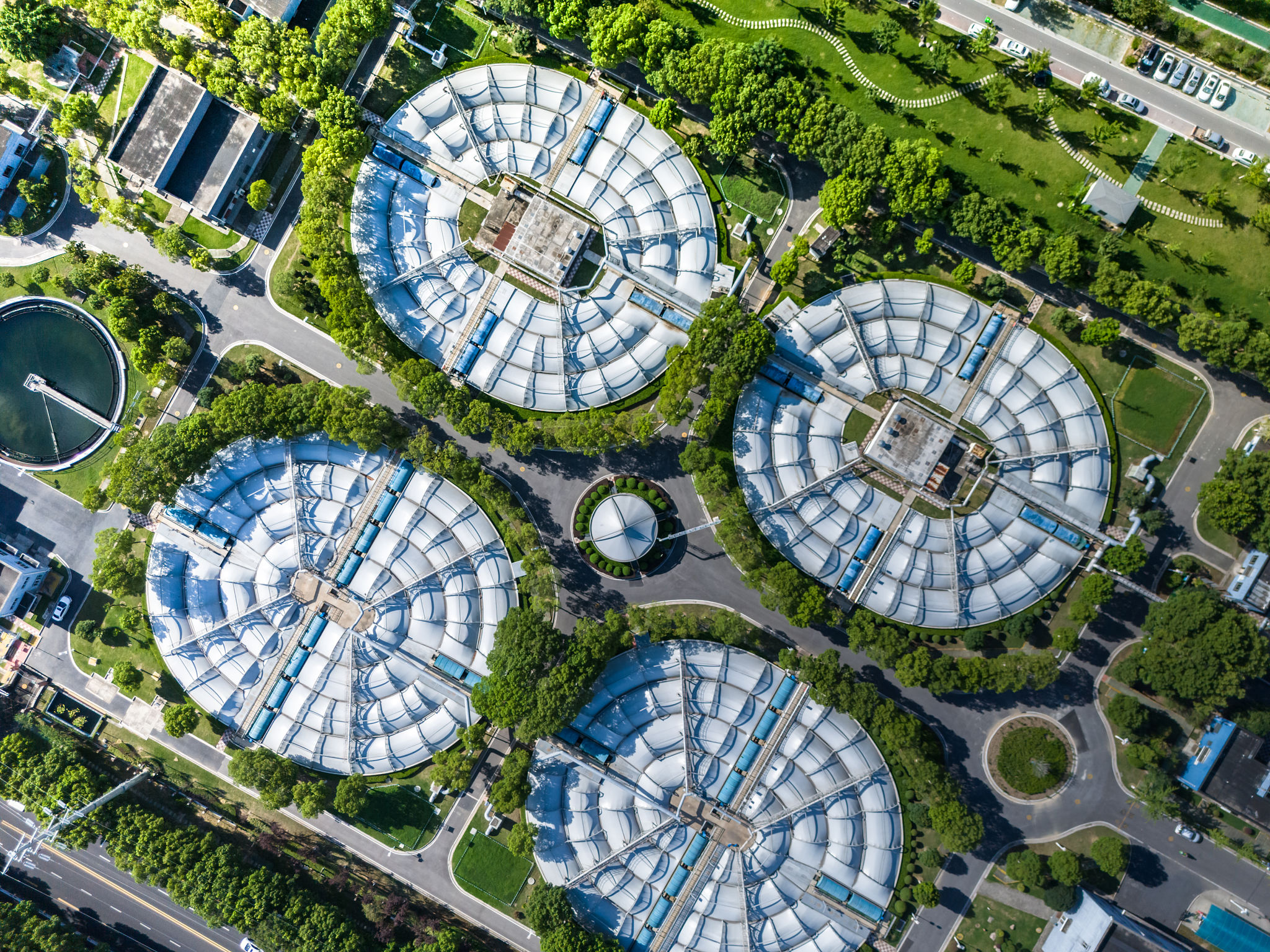Expert Tips for Sustainable Home Building in Cavite
Understanding Sustainable Home Building
Sustainable home building is more than just a trend; it is a commitment to creating living spaces that are environmentally responsible and resource-efficient. In Cavite, where the development of residential areas is on the rise, integrating sustainable practices is crucial. Homeowners and builders are increasingly recognizing the importance of reducing their carbon footprint and preserving natural resources.

When building sustainably in Cavite, it’s essential to consider the local climate and geographical conditions. These factors play a significant role in determining the materials and design strategies that will be most effective. By focusing on eco-friendly construction methods, you can create a home that is both comfortable and environmentally conscious.
Choosing Sustainable Materials
One of the key aspects of sustainable home building is the selection of materials. Opt for locally sourced materials to reduce transportation emissions and support the local economy. Materials such as bamboo, reclaimed wood, and recycled metal are excellent choices for building a green home.
Additionally, consider using non-toxic paints and finishes to ensure indoor air quality remains high. These products not only contribute to a healthier living environment but also help in reducing volatile organic compounds (VOCs) that are harmful to both health and the environment.

Energy Efficiency Techniques
Incorporating energy-efficient technologies is another critical component of sustainable home building. Start by installing energy-efficient windows and doors to minimize heat loss. Utilize solar panels to harness renewable energy from the abundant sunlight in Cavite, significantly reducing your reliance on non-renewable energy sources.
- Install LED lighting throughout your home
- Use energy-star-rated appliances
- Incorporate smart home technology to monitor and optimize energy use
Water Conservation Strategies
Water conservation is an essential part of sustainable home building. Implement rainwater harvesting systems to collect and store rainwater for household use. Additionally, consider installing low-flow fixtures and dual-flush toilets to reduce water consumption without sacrificing performance.

Landscaping with native plants can also contribute to water conservation efforts. Native plants are adapted to local climate conditions and typically require less water, making them an ideal choice for sustainable landscaping in Cavite.
Designing for Longevity
Building a sustainable home means designing for longevity. Focus on creating a flexible floor plan that can adapt to changing needs over time. Use durable materials that can withstand the test of time and require minimal maintenance.
Furthermore, consider incorporating passive design principles such as proper orientation, shading, and ventilation. These elements can significantly enhance the comfort of your home while reducing energy consumption.
The Role of Community Engagement
Sustainable home building extends beyond individual homes. Engaging with the community and participating in local sustainability initiatives can amplify your impact. Collaborate with neighbors and local organizations to share resources, knowledge, and support each other's sustainability efforts.

By actively participating in community-driven sustainability projects, you can contribute to creating a more resilient and environmentally friendly Cavite. Together, these efforts can lead to a more sustainable future for everyone.
